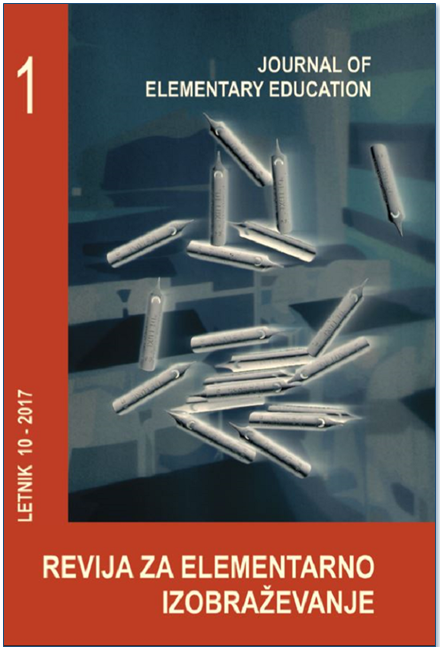Quality of Life for Families of Children with Intellectual Disabilities
Keywords:
family quality of life, intellectual disabilities and other developmental disabilities, quality of life domains, quality of life dimensionsAbstract
The main part of the article presents the results of a recent empirical study about the quality of life for families in Slovenia that have a child with intellectual disabilities and other developmental disabilities. Using the FQOLS-2006, we analysed nine quality of life domains (Health, Financial Well-Being, Family Relationships, Support from Others, Support Services, Influence of Values, Careers, Leisure and Community Interaction) from the perspective of six measurement dimensions. The study also examines the differences among the measurement dimensions in the nine domains.
The sample consisted of 44 families. We used descriptive statistics and inferential statistics (Friedman test). The Family Relationships domain had the highest average rating of all measured domains regarding the quality of family life. The results in the domain of Support from Others are not encouraging, in particular the domain of Support from Services.
Families require powerful support programs from qualified professional teams as well as societal and political attention.
Downloads
Downloads
Published
Issue
Section
License
Copyright (c) 2017 The Journal of Elementary Education

This work is licensed under a Creative Commons Attribution-NonCommercial-NoDerivatives 4.0 International License.
